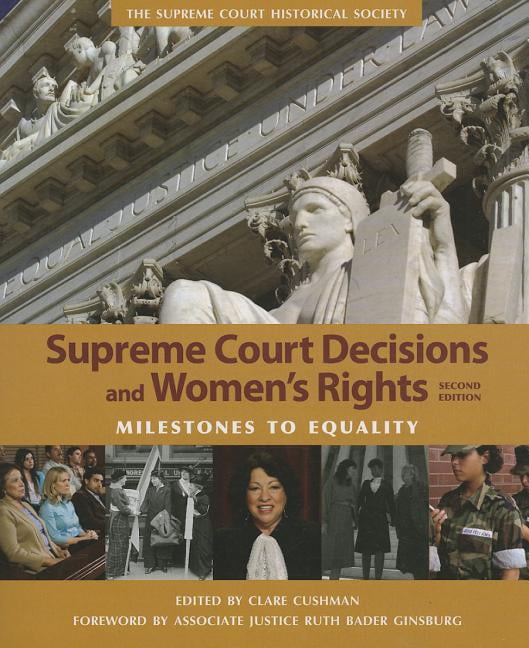

The study presented Confidence Scores that represented our confidence in each justice's degree of partisan affiliation, based on a variety of factors. In 2020, Ballotpedia published Ballotpedia Courts: State Partisanship, a study examining the partisan affiliation of all state supreme court justices in the country as of June 15, 2020.
Supreme court latest decisions full#
Justice with most dissenting opinions: Justice Daniel Biles (5)įor the study's full set of findings in Kansas, click here.īallotpedia Courts: State Partisanship (2020) See also: Ballotpedia Courts: State Partisanship.Justice with most concurring opinions: Justice Caleb Stegall (5).Justice most often writing the majority opinion: Justice Daniel Biles (20).Percentage of cases with a unanimous ruling: 90.0% (108).We considered a justice a lone dissenter if he or she frequently dissented alone in cases throughout the year.We considered a group of justices a determining majority if they frequently determined cases by a +1 majority throughout the year.We considered justices a dissenting minority if they frequently opposed decisions together as a -1 minority.We considered two justices opinion partners if they frequently concurred or dissented together throughout the year.We identified the following types of justices: The study tracked the position taken by each state supreme court justice in every case they decided in 2020, then tallied the number of times the justices on the court ruled together. Our goal was to determine which justices ruled together most often, which frequently dissented, and which courts featured the most unanimous or contentious decisions. In 2020, Ballotpedia published Ballotpedia Courts: Determiners and Dissenters, a study on how state supreme court justices decided the cases that came before them. Judges are also removed by a majority of votes against their retention.Īnalysis Ballotpedia Courts: Determiners and Dissenters (2021) See also: Ballotpedia Courts: Determiners and Dissenters Kansas judges, according to Article 2 of the Kansas Constitution, may be removed by impeachment and conviction, by the supreme court on recommendation of the commission on judicial qualifications, or by the governor due to incapacitation. If a sitting judge turns 70 while on the bench, he or she may serve out the term. have at least 10 years of active and continuous law practice in the state.The Supreme Court Nominating Commission is composed of representatives from each congressional district and, during times of judicial vacancy, is in charge of compiling a list of potential supreme court justices to present to the governor. Nominating commission See also: Kansas Supreme Court Nominating Commission Justices of the Kansas Supreme Court are elected for terms of six years. If a justice is appointed, he must stand for a retention vote after one year. The governor must then appoint one justice from the list. The Supreme Court Nominating Commission selects three potential candidates for placement as a supreme court justice and presents its recommendations to the governor. Kansas chooses its justices using a selection commission. Selection See also: Judicial selection in Kansas Kathleen Sebelius (D) in 2005Īppointed by Gov. Kathleen Sebelius (D) in 2009Īppointed by Gov. This was the political composition of the supreme court heading into the 2022 election.Īppointed by Gov.

The court is located at the Kansas Judicial Center in Topeka, Kansas. It consists of seven justices, each of whom is appointed by the governor. The Kansas Supreme Court is the highest court in Kansas. Ballotpedia will publish the dates and deadlines related to this election as they are made available.Ībout the Kansas Supreme Court See also: Kansas Supreme Court


 0 kommentar(er)
0 kommentar(er)
